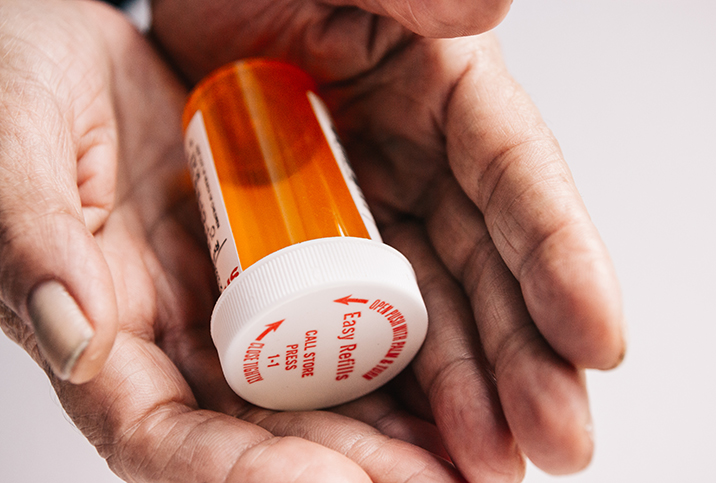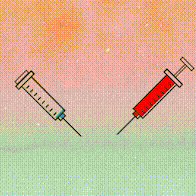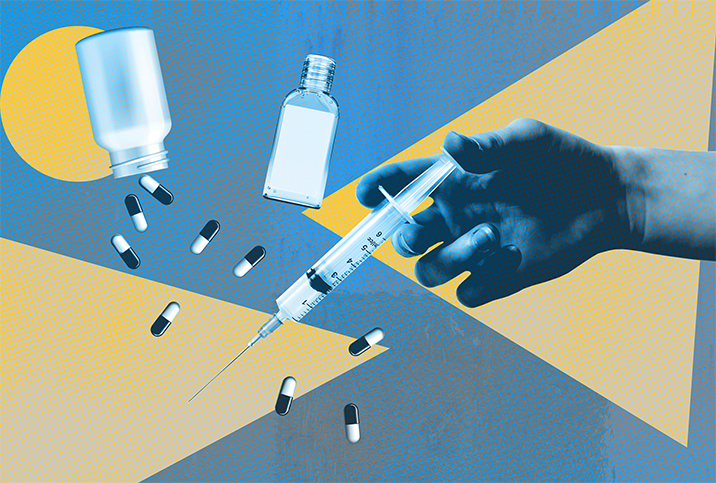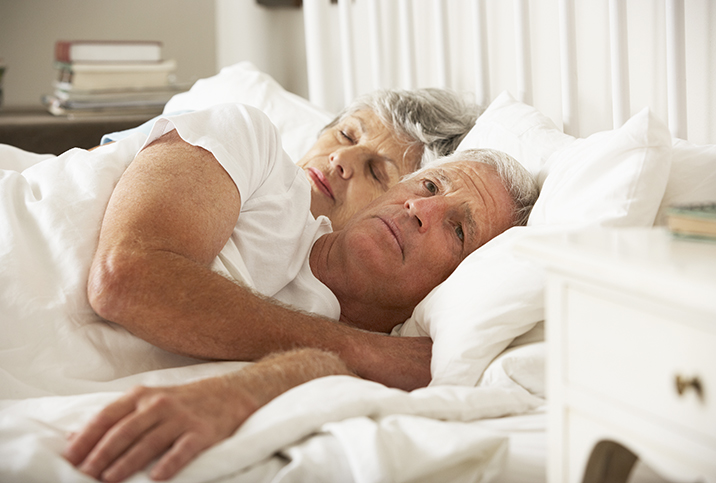How to Fight Borderline Low Testosterone Without Medication

A 32-year-old man comes into the Men's Clinic at UCLA in Los Angeles seeking medical advice for fertility issues. Urologist Jesse Mills, M.D., the director of the clinic, asks him how his erections are.
"They're great, Doc."
"Is your energy level good?"
"Yeah, I go to the gym five days a week. I just want to get my wife pregnant."
"Let me run some blood tests and see how things are."
Mills checks the man's total levels of testosterone and finds they sit at 290 nanograms per deciliter (ng/dL), which is considered below normal. Anything less than 300 ng/dL is considered low, according to the American Urological Association (AUA) guidelines. However, the guidelines also state that a clinical diagnosis for low testosterone (low-T) may only be made if the man has signs and symptoms as well. These include fatigue, depression, low sex drive, erectile dysfunction (ED), trouble losing weight, loss of muscular strength and difficulty concentrating.
"I'm not going to treat a guy who feels like a rock star when his testosterone is 290," Mills said. "But if a guy comes in and he feels horrible and he has all the symptoms and his testosterone is 310, I'm going to treat him because 300 is just a number."
Depending on the society—the International Society for the Study of the Aging Male (ISSAM), the Endocrine Society and the International Society for Sexual Medicine (ISSM) also have guidelines for low-T—and how the clinician poses questions to the patient, most experts agree that a man whose total testosterone is in the low 300s and who has symptoms will benefit from testosterone replacement therapy (TRT).
"If you get a guy 10 points under [300] that feels great, and a guy that's 10 points over that feels terrible, then am I expected to deny this guy therapy?" Mills explained. "The answer is we treat the patient and use the bloodwork as a rough guideline for making sure we're doing things responsibly, as well as keeping him in a good range."
Lifestyle modifications can help
When Neel Parekh, M.D., a male fertility specialist with Cleveland Clinic, sees a man with borderline low testosterone, he lists the ways to naturally increase testosterone, such as getting regular physical exercise and seven to eight hours of sleep per night.
"If they do that, I don't necessarily monitor their levels," Parekh said. "If they have symptom improvement, that's good enough."
If the patient makes lifestyle changes but is still having symptoms of low testosterone, Parekh said he may take another blood test. Testosterone travels through the blood in two ways: unbound (or free) and attached to one of two proteins, human serum albumin (HAS) and sex hormone-binding globulin (SHBG). With borderline low-T, Parekh typically recommends a free testosterone test, which measures testosterone in the bloodstream that's not attached to proteins.
Information from the free testosterone test helps Parekh determine whether TRT would be beneficial. While free testosterone is a more accurate measure, it's not without issues. It's expensive and the results usually take longer to come back than a regular test.
So lifestyle modifications "are the perfect 'What can I do before I go to the doctor?' solution," Mills said.
If men are not getting a good night's sleep, for example, their pituitary gland does not get to rest, so it doesn't signal the testicles to make more testosterone. Mills may see a patient who is working a lot, stressed out and getting only four hours of sleep per night. His testosterone is 200.
"I can give you testosterone, but what are you doing in your life that's causing you not to actually take care of yourself? Let's work on that first," he said.
Vigorous exercise, especially weightlifting, improves testosterone levels. Mills said he has seen studies that suggest weightlifting boosts testosterone by as much as 30 percent.
"If you're just trying to get a guy up 10 to 15 points, you can prescribe a really good weight-training regimen that he's willing to comply with for a few months," Mills explained. "He's going to naturally boost his T levels up."
What foods can boost testosterone?
Patients often ask Mills about foods they can eat to increase their testosterone.
"You're not going to get it from red meat, raw brains, liver or any of the other things people are trying to say will boost your testosterone," Mills said. "You're going to get it from staying lean."
When men gain weight, they naturally produce more estrogen. The enzyme that converts testosterone to estrogen is highly concentrated in fat cells. Therefore, the more fat cells, the more testosterone gets converted to estrogen, and the lower the testosterone level. Mills said this is why staying lean, rather than worrying about the foods you eat, is the best way to increase testosterone levels.
"Whatever diet you want to follow that keeps you at your fighting weight and keeps your waist size down is the one that's going to boost your testosterone," he explained.
In addition to dropping weight, lowering stress levels may also help.
Stress suppresses the pituitary gland, and when the pituitary is stressed, its signaling to the testicles shuts down. Testosterone and sperm production are the two main functions of the testes.
"When your sperm counts go up, it diminishes the signal back to the pituitary," Mills said. "When your testosterone levels go up, it diminishes the signal back to the pituitary. They stay in what we call homeostasis, or a nice, healthy balance."




















